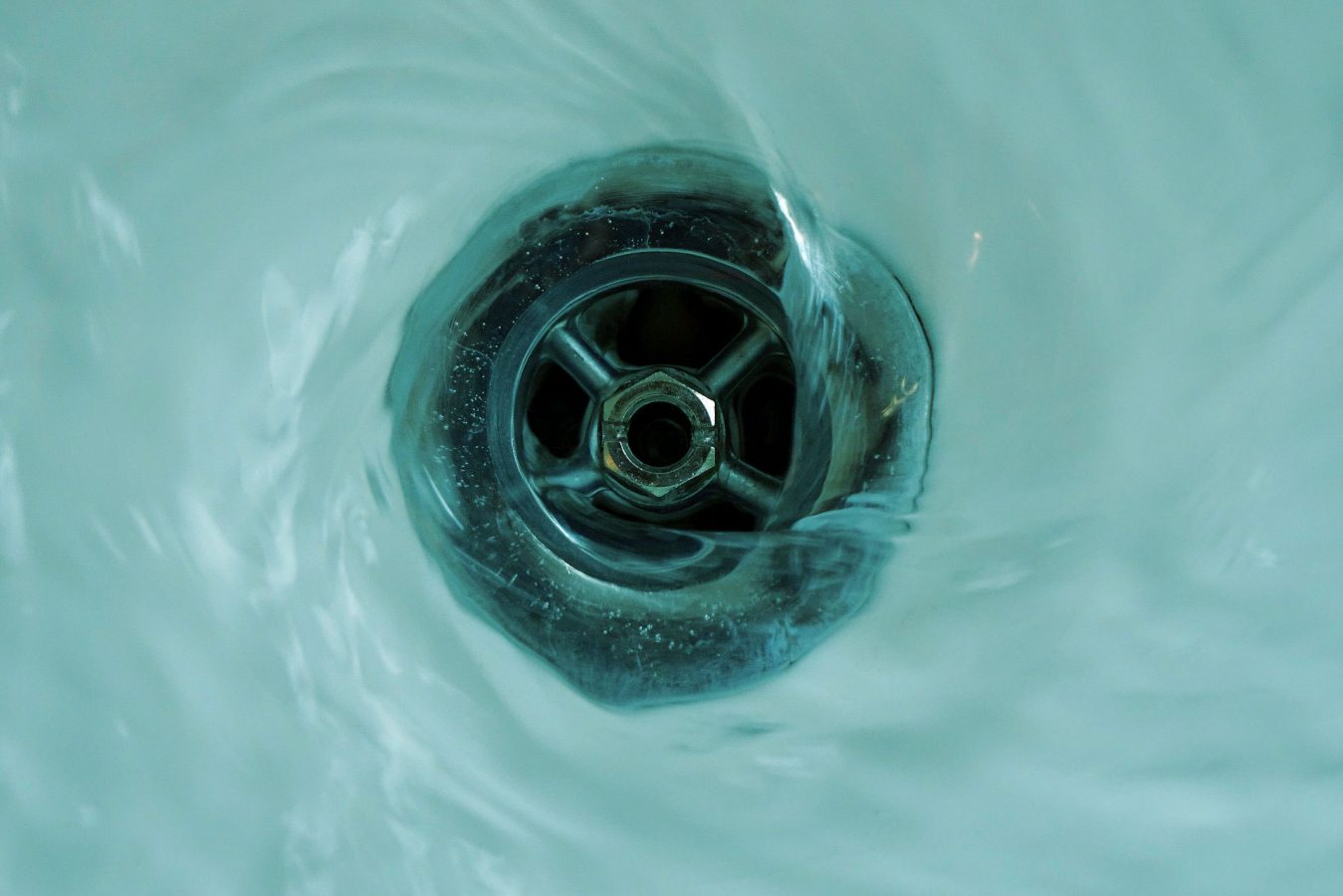
01 Jun Chemical Drain Cleaners vs. Professional Cleaning
It can be tempting to take the easy and quick fix to solve problems around the house especially when your drain is showing signs of a significant clog. Picking up some drain cleaner from the hardware store and tipping it into the drain. You may wonder, is this as good as getting your pipes professionally cleaned? Is there even a difference?
The truth is, there’s a big difference between using chemical drain cleaners and hiring a professional plumber to clean your pipes.
What Are Chemical Drain Cleaners?
Found in the chemical cleaning aisle of most grocery stores or hardware stores, drain cleaners are a convenient DIY option. Chemical drain cleaners come in liquid, powder, and gel forms. Essentially, these cleaners are a combination of chemicals that create a chemical reaction strong enough to dislodge and remove clogs in the pipes.
You’ll find two main types of drain cleaners at the store:
Caustic Drain Cleaners
Caustic drain cleaners utilize alkaline chemicals and hydroxide ions to create a 2-part reaction in your pipes. The first part happens when hydroxide ions break down the clog enough to clear it. Then the alkaline chemicals produce heat and dissolve leftover gunk into a soapy substance that can travel through the pipes.
Oxidizing Drain Cleaners
Oxidizing drain cleaners produce a much different effect. Oxidizing drain cleaners utilize nitrates to decompose organic matter in your drains. They also release gas.
These reactions are primarily because of their main ingredient, sodium hydroxide. Most people know of sodium hydroxide by its common name: lye. Sodium hydroxide is very corrosive. It can deteriorate grease, plastic, paper, human flesh, cloth, paint, and even metal. It can also start fires when wet. As the main ingredient can corrode metal and plastic, using drain cleaners can severely damage your pipes. Even popular brands of drain cleaners that claim to have chemicals that “protect your pipes” can still damage them. These drain cleaners are also dangerous for your health.
When it comes to DIY solutions, it’s safer for you and your home to try to solve the clog with a plunger. If you can’t solve it with a plunger, it might be time to call a pro.
How Do Plumbers Clean Drains?
After reading about how drain cleaners and damage your pipes and harm your health, you’re probably curious… How do the professionals get the job done?
While drain cleaners are touted as a convenient solution, they’re also a blind solution compared to plumbers. Before plumbers begin any project, they inspect your pipes. This helps them pinpoint where the clog is and what it will take to dislodge and clear the clog without harming the pipes. After the inspection, there are two main methods plumbers will use to clear the clog:
Drain cabling
Drain cabling, also known as snaking, is one of the more well-known methods that plumbers use for clogged pipes. The plumbers use a long cable with an auger on the end. The cable is approximately 50 ft. long and gets pushed down the pipe until it meets the object that’s clogging our drain. Then the auger breaks through the clog to dislodge it and clear it away.
Snaking is kind to your pipes. It doesn’t bring any toxic chemicals into your home and is more environmentally friendly than chemical drain cleaners.
Hydro Jetting
Hydro Jet clog cleaning uses intense water pressure to dislodge clogs in your pipes. After inspecting the pipe, the plumber will insert a nozzle into the drain and blast high-pressure water into the pipe. This incredibly effective method can break down and dislodge the most difficult clogs without damaging your pipes or harming your health.
Hydro Jetting is a robust long-term solution because it literally obliterates all forming clogs and the original clog that was causing the issue.
535 Plumbing
Reliable and professional are two things our clients love to call us. At 535 Plumbing, we are Oahu’s plumbing installation and repair experts. Our licensed team of professionals are friendly, efficient, and willing to help you in any way they can. Give us a call at (808) 300-0535 today and let us know how we can help you!


